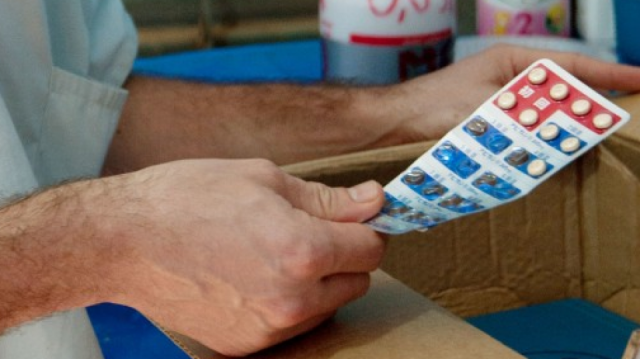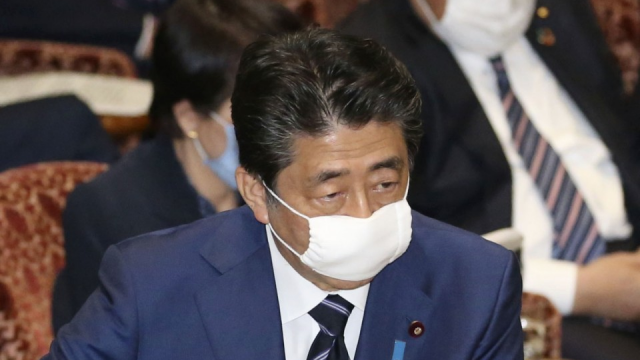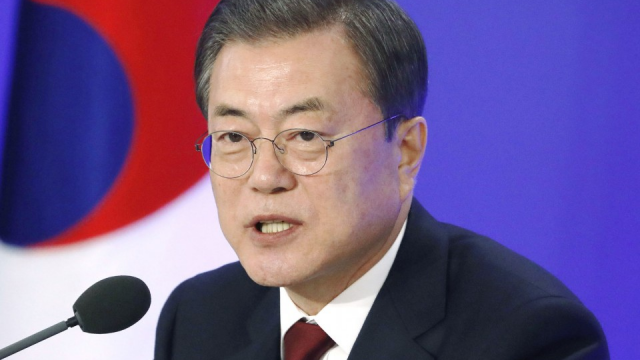(Kim Jong Un)[KCNA/Kyodo]
North Korea decided to take “more thorough state measures” against the coronavirus at a key ruling party gathering presided over by leader Kim Jong Un as the pandemic may create obstacles to the country’s “struggle and progress,” state-run media reported Sunday.
The official Korean Central News Agency also said Kim Yo Jong, the leader’s younger sister and close aide, was elected as an alternate member of the Political Bureau of the Central Committee of the Workers’ Party of Korea at its meeting held on Saturday.
Meanwhile, the country’s top legislature called the Supreme People’s Assembly, which was scheduled for Friday, has been postponed until a later date for unknown reasons.
North Korea claims the pneumonia-causing coronavirus has not made inroads into the nation, with travel to and from China and Russia having been shut down since earlier this year.
“The virus epidemic that broke out at the end of last year has rapidly expanded worldwide and has become a great disaster threatening the whole mankind, regardless of borders and continents,” the news agency said.
“Such reality shows that it has become impossible to remove the danger of the virus infection in a short time and such environment can become a condition creating some obstacles to our struggle and progress,” the KCNA added.
Related coverage:
No reports from North Korea on convening of legislative session
North Korea’s Kim oversaw test-firing of weapons Sat.: KCNA
North Korea is believed to be vulnerable to infectious diseases due to its chronic shortages of food and medical supplies triggered by economic sanctions aimed at thwarting Pyongyang’s nuclear and ballistic missile ambitions.
North Korea barred foreigners from entering the country during the 2003 epidemic of severe acute respiratory syndrome, or SARS, and the Ebola outbreak in West Africa in 2014.
The new virus was first detected late last year in the central Chinese city of Wuhan, a business and transportation hub with a population of around 11 million.
Following the latest virus outbreak, North Korea’s economy has apparently faced a severe downturn as trade with China, its closest and most influential ally in economic terms, has become stagnant, foreign affairs experts say.
Nevertheless, North Korea has since February resumed provocations against the United States, as bilateral denuclearization talks remain at a standstill due largely to the distance between Washington’s demands and Pyongyang’s calls for sanctions relief.
All eyes are on what kind of diplomatic and economic policies North Korea will adopt at this year’s session in the top legislature.
The assembly is normally convened once a year in April to rubber-stamp budgetary and personnel matters already decided by the ruling party, headed by Kim Jong Un.
Last year, the unicameral legislature held another session in August, during which it revised the country’s Constitution to bolster Kim’s power as head of state. It was the first time since 2014 the assembly had been convened twice in the same year.




